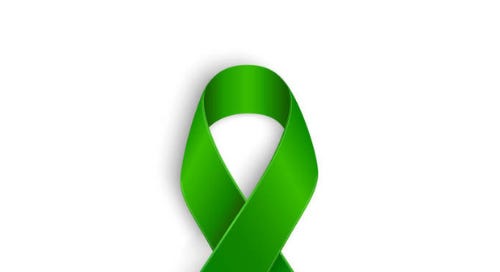The stories of other families struggling to help loved ones continue to strike a deep, emotional nerve with me.
The evening of April 6, 2017, I let my dog outside with no idea that just across the street, my longtime neighbors, the Nicholson family—a husband, wife, and twenty-four-year-old daughter—had just been shot to death in their home by their twen…
Keep reading with a 7-day free trial
Subscribe to Minding the Gaps to keep reading this post and get 7 days of free access to the full post archives.



